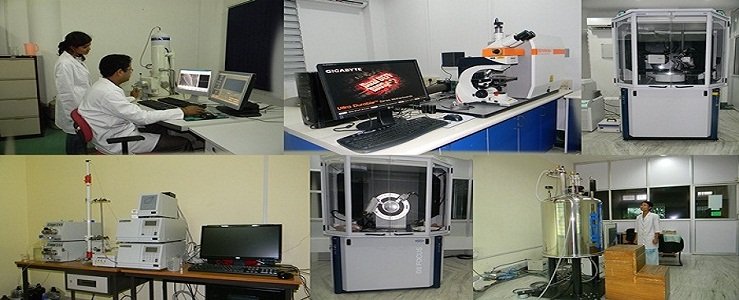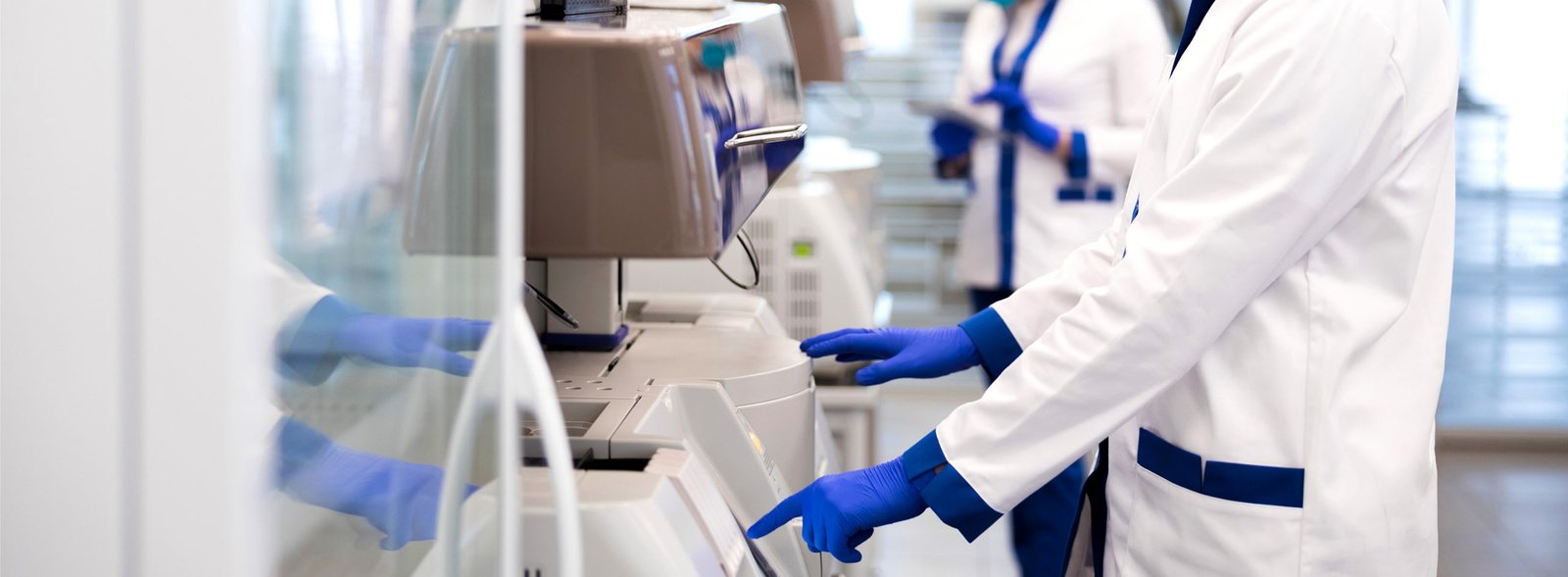Top 10 Analytical Instruments Every Laboratory Should Have
July 23, 2024

In the realm of scientific research and quality control, analytical instruments play a pivotal role in obtaining accurate and reliable data. These tools are essential for analyzing materials, ensuring compliance with regulations, and advancing scientific knowledge. Here are the top 10 analytical instruments that every laboratory should consider having:
Top 10 Analytical Instruments Every Laboratory Should Have

The selection of analytical instruments is crucial for the efficiency and accuracy of laboratory operations. Each of these instruments serves a unique purpose and contributes significantly to research, quality control, and compliance in various industries. Investing in these top 10 analytical instruments will empower laboratories to achieve precise results and maintain high standards in their scientific endeavors. This blog highlights the essential analytical instruments that can enhance laboratory capabilities and ensure reliable data for various applications.
1. Spectrophotometer
A spectrophotometer is crucial for measuring the intensity of light at different wavelengths, making it invaluable in fields like chemistry and biology. It is used to determine the concentration of substances in a solution, analyze the purity of compounds, and conduct kinetic studies.
2. Chromatograph
Chromatography is a technique used to separate mixtures into their individual components. Gas Chromatography (GC) and High-Performance Liquid Chromatography (HPLC) are two common types used in laboratories for analyzing complex mixtures, including pharmaceuticals, environmental samples, and food products.
3. Mass Spectrometer
Mass spectrometry is a powerful analytical technique used to identify the composition of a sample by measuring the mass-to-charge ratio of its ions. It is widely used in proteomics, metabolomics, and drug development, providing detailed information about molecular structures.
4. pH Meter
A pH meter is essential for measuring the acidity or alkalinity of a solution. This instrument is widely used in various fields, including environmental testing, food and beverage quality control, and chemical manufacturing, ensuring that products meet required specifications.
5. Centrifuge
Centrifuges are used to separate components of a mixture based on density by spinning samples at high speeds. They are critical in biological and clinical laboratories for separating blood components, isolating DNA, and purifying proteins.
6. Analytical Balance
Precision in measurement is vital in any laboratory, and analytical balances provide highly accurate weight measurements. These balances are essential for preparing solutions, conducting chemical reactions, and ensuring consistent results in experiments.
7. Gas Chromatograph
Gas chromatography is specifically designed for analyzing volatile compounds. It is widely used in environmental monitoring, food safety testing, and forensic analysis to identify and quantify substances in complex mixtures.
8. Refractometer
Refractometers measure the refractive index of liquids, which can be used to determine concentrations of solutions. They are commonly used in the food and beverage industry to assess sugar content in products like fruit juices and wines.
9. Calorimeter
Calorimeters measure the heat of chemical reactions or physical changes. They are essential in thermodynamics studies, helping researchers understand energy changes in reactions and the calorific value of substances.
10. Titrator
Automated titrators are used for determining the concentration of a substance in a solution through titration. This instrument is vital in various applications, including pharmaceuticals, food quality control, and chemical manufacturing.

